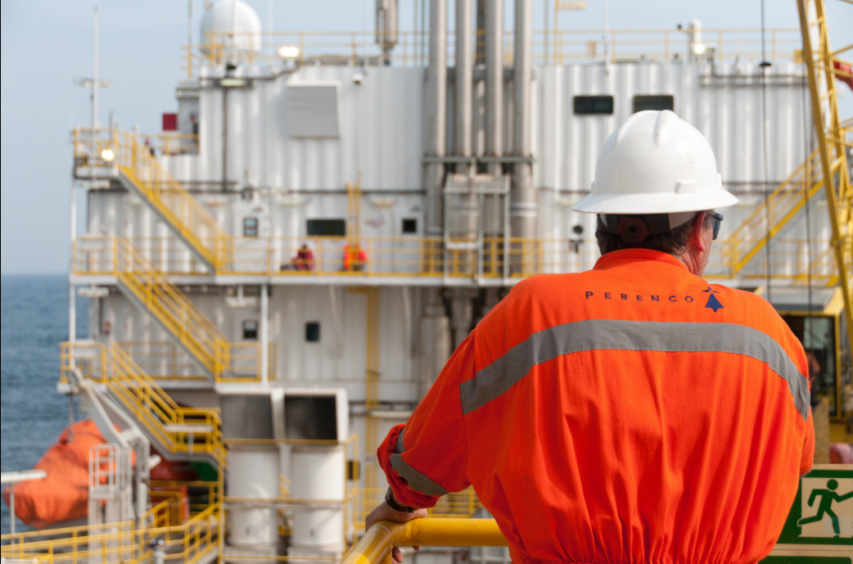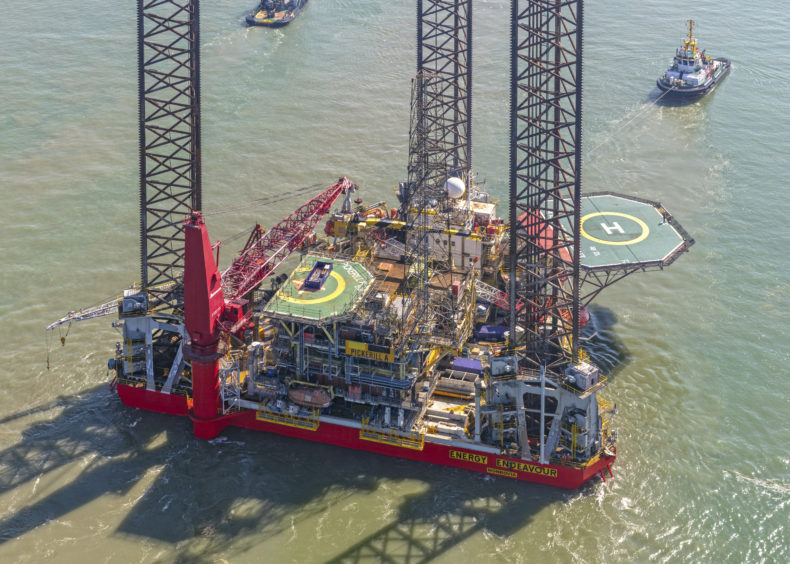
Perenco has been pulled up by the safety watchdog over its decommissioning of a Southern North Sea platform.
The Health and Safety Executive (HSE) has hit the operator with an improvement notice for jumping the gun while removing the Inde 49/18A installation.
According to the HSE, there was a hydrocarbon release and a subsequent fire during Perenco decommissioning of the two bridge-linked topsides on April 21.
It followed “activities that should not have commenced” before the Inde 49/18A platform was hydrocarbon free (HCF).
A similar hydrocarbon leak also occurred at the Pickerill A installation on October 16, 2019, despite it being declared HCF.
London-headquartered Perenco stated in its safety case that it would ensure the installations were HCF before undergoing decommissioning activities.
This shows that the company’s procedures and arrangements “were not suitable and sufficient” to ensure HCF status, the HSE said.
It also alleged that measures to prevent risks to workers on the installation were not thorough enough.
Perenco has until September 28 to comply with the order.
A spokesman for the company said: “This incident arose because small quantities of residual hydrocarbons remained undetected in pipelines that had been flushed, and ignition occurred during decommissioning.
“It was a localised fire on a non-producing, depressurized platform. Perenco is working with internal and external decommissioning specialists to review such activities and establish how to amend pipeline removal procedures to mitigate further the risk of ignition during such operations, closing the compliance gap identified by the HSE Improvement Notice.
“We are committed to continuous improvement in our safety performance.”
It is the second improvement notice in a matter of weeks for the Anglo-French oil and gas firm.
During an inspection of Perenco’s onshore headquarters earlier this year, the HSE found more than 400 overdue repairs orders.
More than 200 of those were deemed to be safety and safety-critical.
The HSE accused the company of “not following the procedures and arrangements” set out in its safety case documentation.
In particular, inspectors pointed to procedures for overdue safety critical work, which were not being adhered to.
The delayed maintenance covers various UK assets, which have not been disclosed, including offshore installations.
Recommended for you


